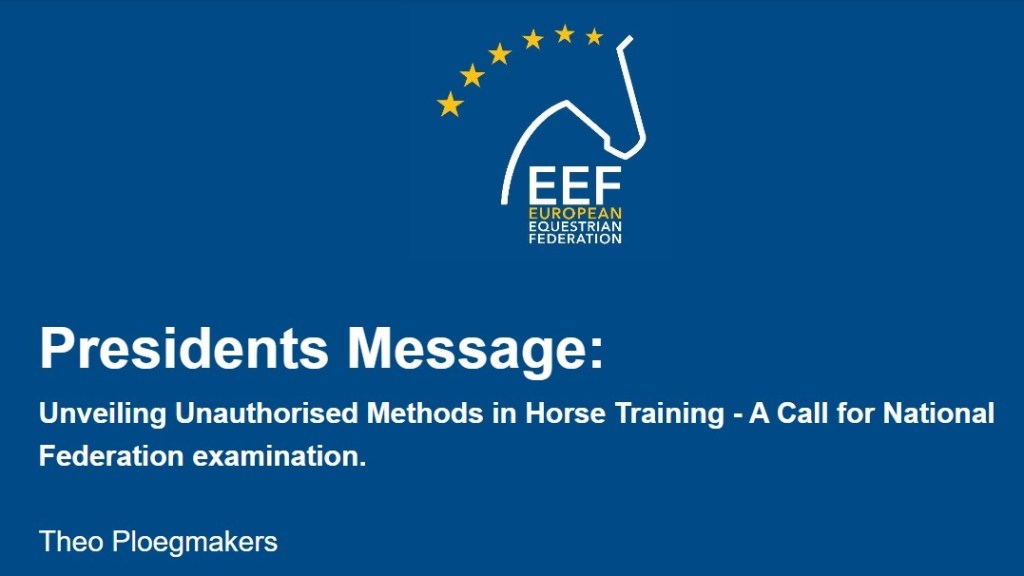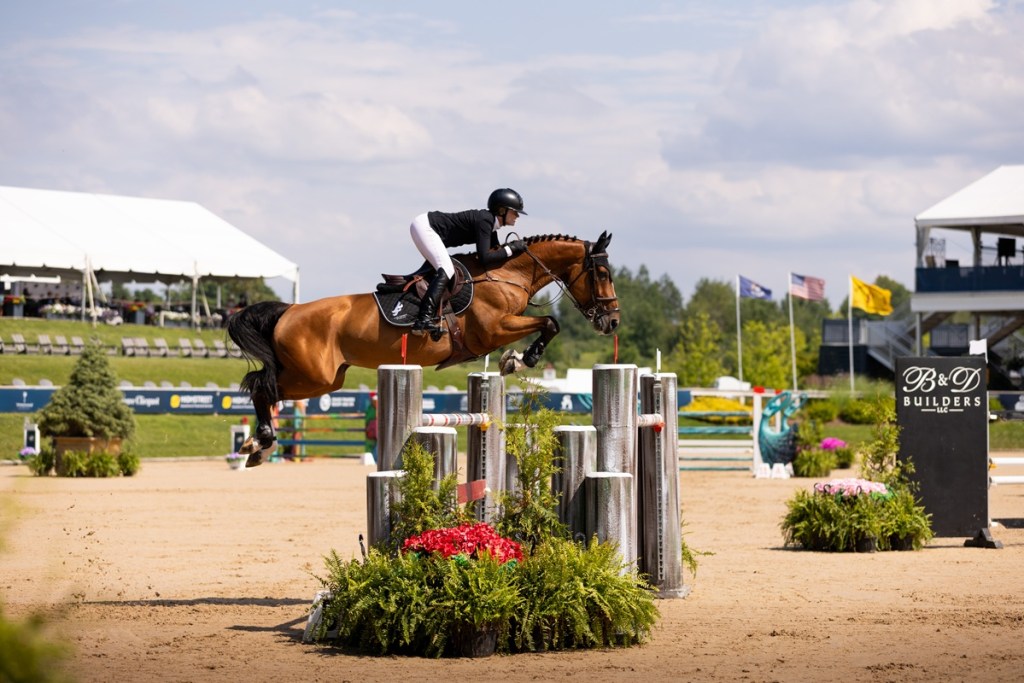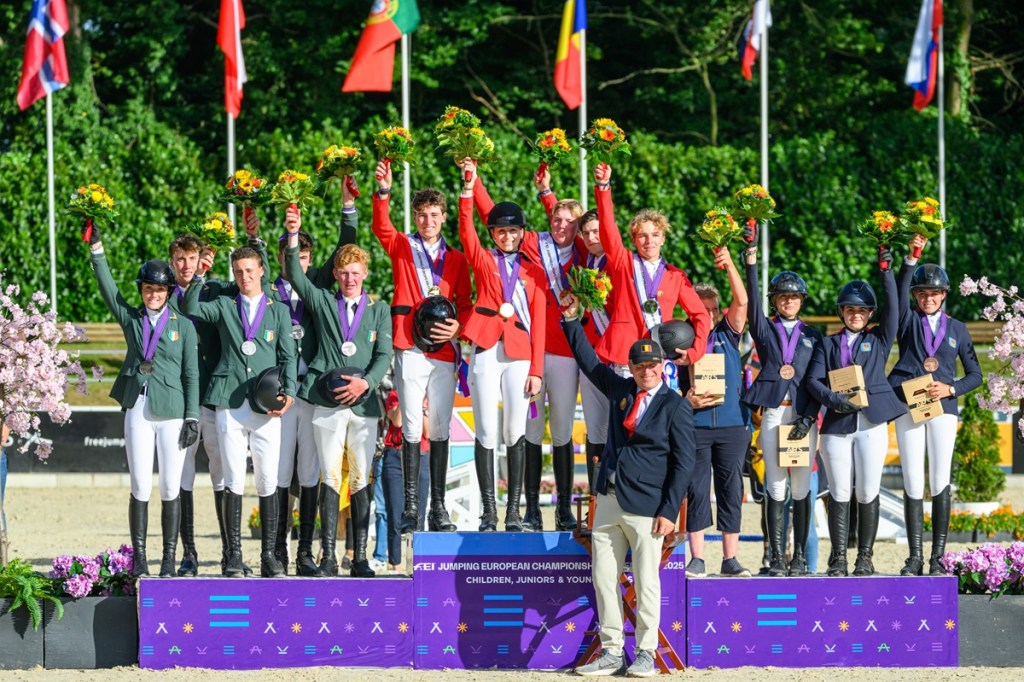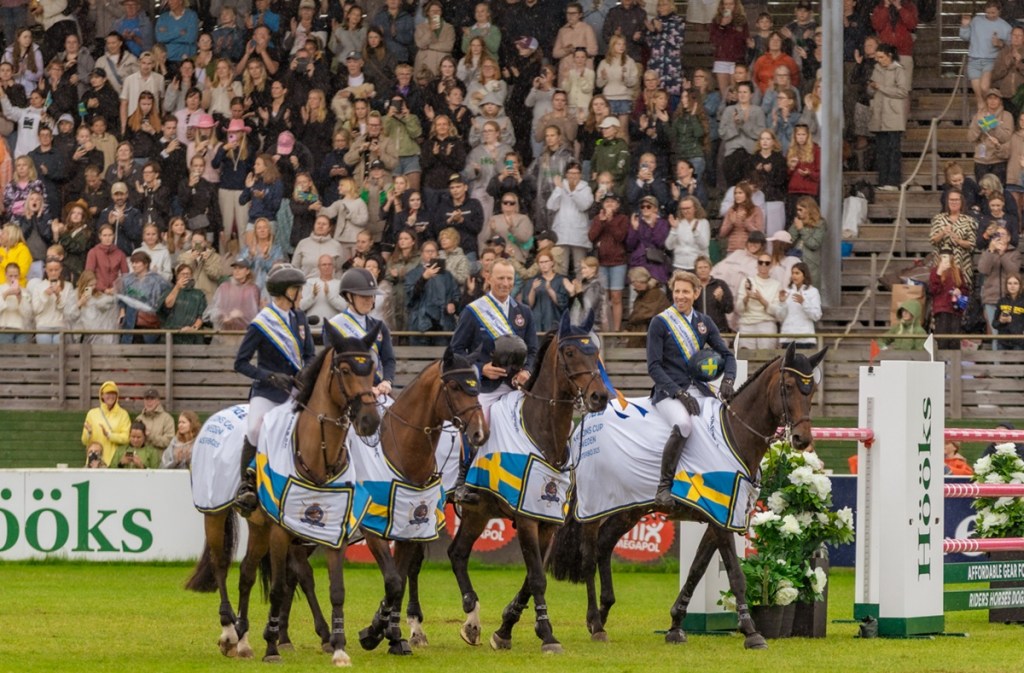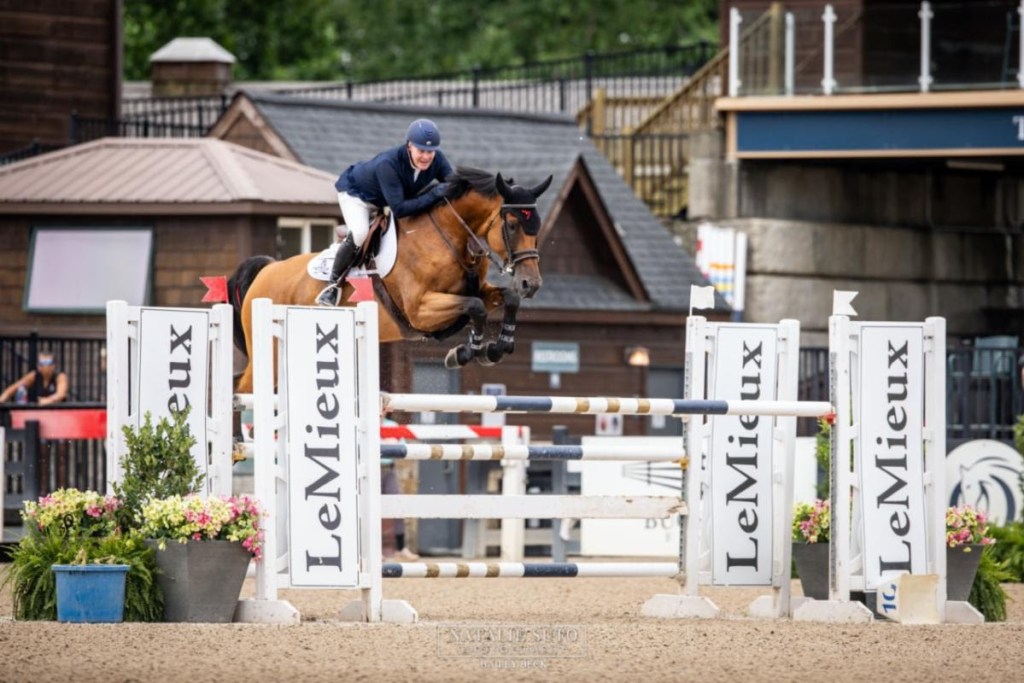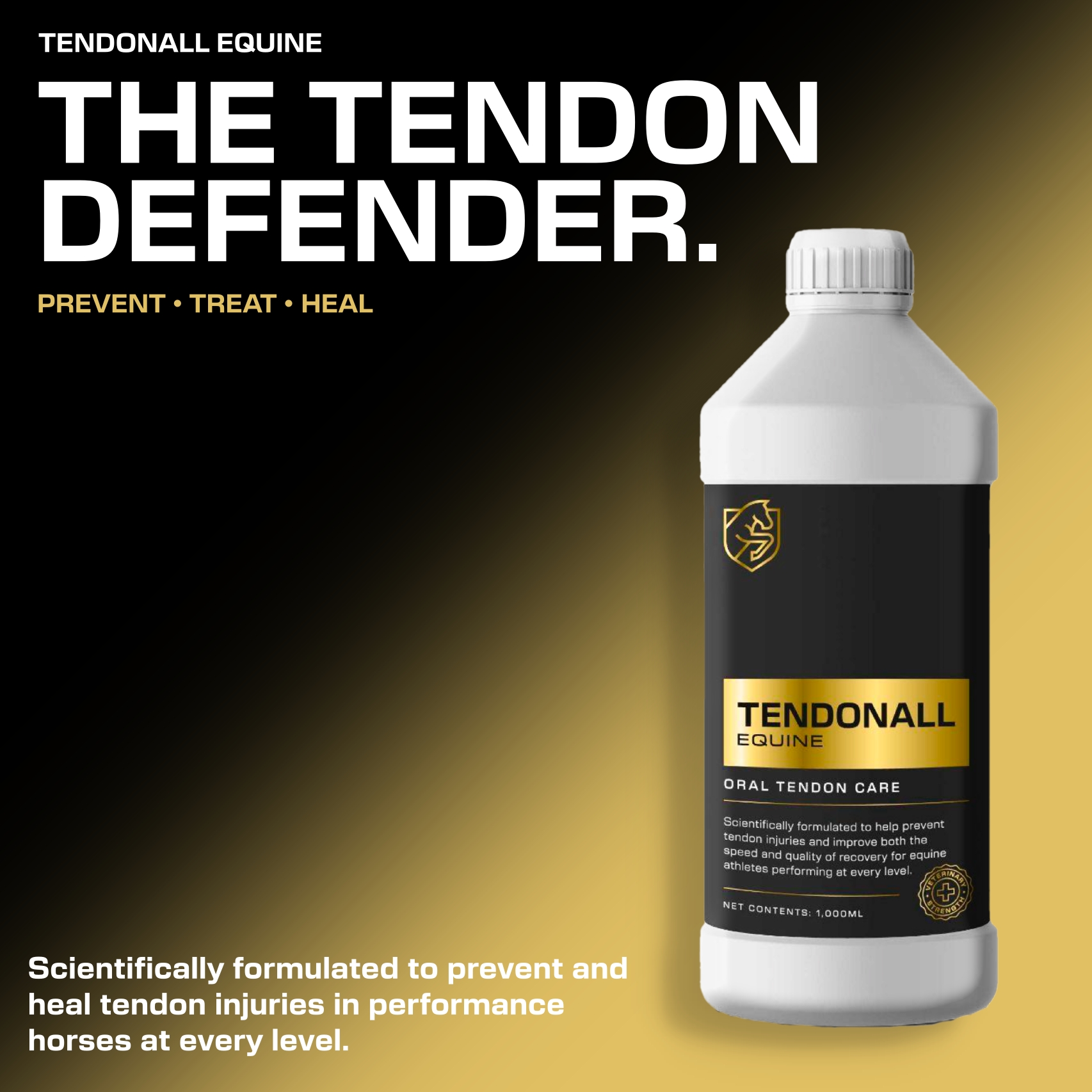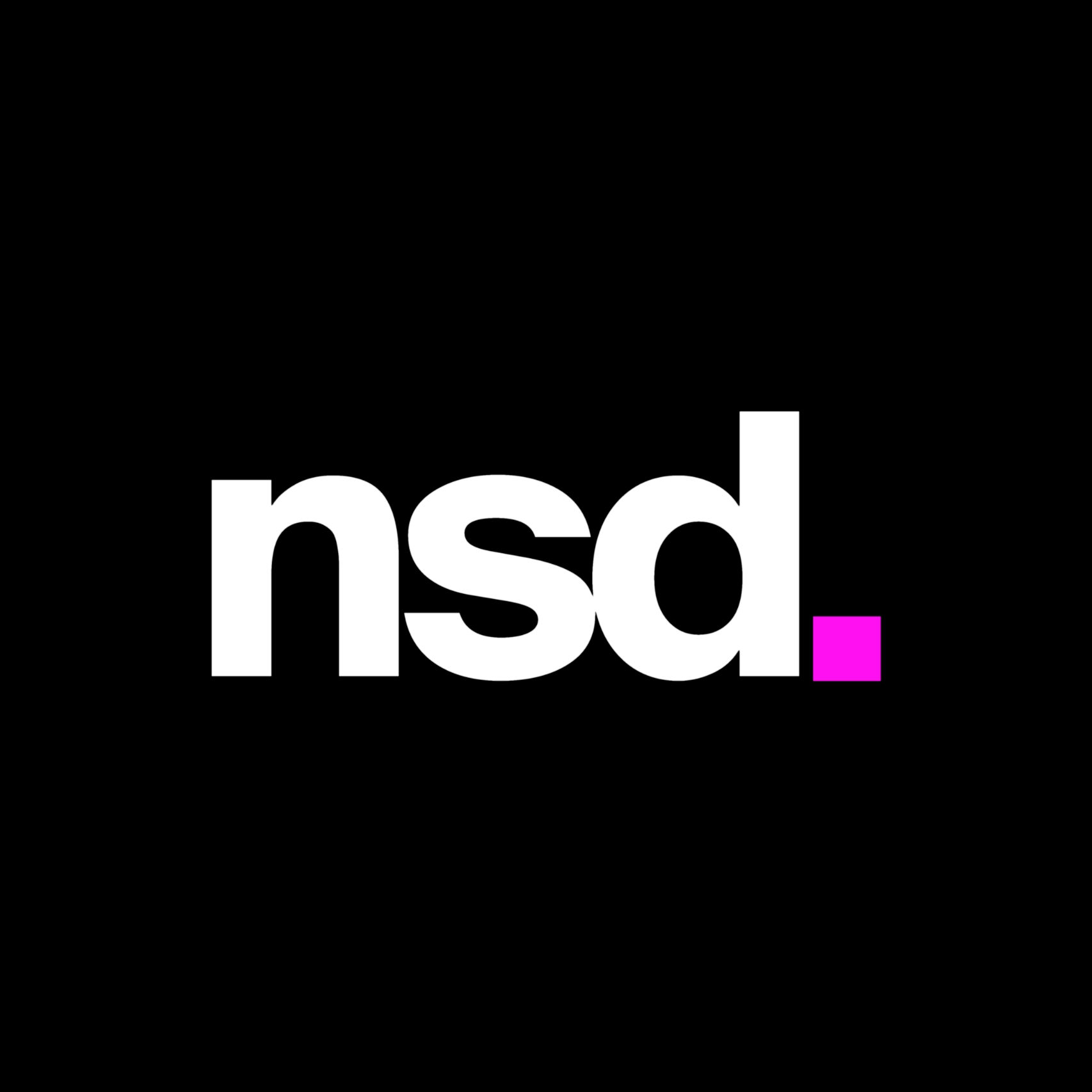Zaventem, Belgium – April 18, 2023 – At the beginning of this year, we held a conference titled “Protecting horses welfare at home”. In the midst of numerous new, well-known situations, along with the current findings of the Equine Ethics & ; Wellbeing Committee, we felt the precise nature of at-home security should be discussed with our people, our National Federations, in more detail.
Behind closed doors, away from the watchful eyes of national institutions and officials, strategies are being employed to push the boundaries of achievement. These covert activities not just compromise the integrity of the game, but they also put a strain on the animals involved.
We conducted an extra study to more thoroughly examine this problem, and the answer was overwhelming. The results clearly demonstrate that this is not just a Li issue, a contest issue, or anything else because the majority of the respondents are from Europe and identify as national riders or horse masters. Nearly half of the respondents said they had witnessed behaviors they believed compromised the horses ‘ happiness at home, and nearly half of those incidents occurred in the last six months. Our National Federations need to take actions against this illness that exists at both the grass and aspiring levels.
Finding effective ways to manage this is the concern for National Federations. Constanze Winter from Germany explained the difficulties involved in bringing up circumstances and imposing sanctions during our conference. The level of data and analysis required to successfully sue is large, limited by authority and authority. In addition, when we discuss the issue of training methods, many of these cases are not severe enough to warrant the presence of legal or other authorities, but we are aware that they are incorrect, hurt the dog, and should not be used.
A model change is necessary now; a visit to stop the violence of those who tarnish the sport’s status. Although a lot of the attention has been on dressage, we ca n’t ignore the dangers that all of our disciplines face, as well as the possibility for poor horsemanship to exist at all levels of competition.
You might be wondering what part we, the EEF, play in all of this. We have no control over our actions, no principles, and no established relationships with the riders in the game. We must use our circle of influence to sway the conversation and join our associate National Federations, as well as, when necessary, to support the FEI in making regulations. Our national organisations are crucial, in our opinion, given that this difficulty far exceeds the international place.
Beyond the world of protection, education and awareness are at their core. National federations had spear initiatives to inform trainers, riders, officials, and other stakeholders about the moral limits of training practices. By fostering a culture of clarity and responsibilities, we can maintain a society where the horse’s security reigns supreme.
Sweden made a note of some of the activities they already have, including one involving horse-mouth knowledge. The EEF will continue to look at these kinds of jobs as a body and share them with our member organizations so we can incorporate them into all of our member nations ‘ techniques in order to learn from best practices.
Every animal deserves to be trained with respect and dignity, so the stakes are high. Their safety should never be compromised in the quest for success. It is our shared responsibility as the sport’s guardians to uphold the highest standards of integrity and ensure that the nature of the game endures for generations to come.
This need to motivate is not just for our institutions. Every person involved with horses, riding horses, men, garden managers, and riding teachers all need to be empowered to take responsibility for this problem. Our partner at World Horse Welfare, Roly Owers, spoke at length about this topic. This need for a structural society shift, for people to become what we call “active bystanders”. You are actually accepting things that you do n’t agree with and that you do n’t do as you would. This does not imply to breed an hostility and conflict, but rather to foster dialogue and discussions within our economy and to ask, “hey, do we really think this is good for the equine”? ”. Germany served as an example of how you can, as a National Federation, assist in this by appointing dedicated individuals ( a” Tierschutzvertrauensperson” ), an animal representative for each district, who can act as an intermediary for those who wish to raise concerns and intervene.
In the centre of opposition, let us not forget the noble nature of the game, a party of harmony, joy, and partnership between horse and rider. Let’s rise to the occasion and be united in our commitment to preserve the sacredness of the activity we value dearly. It is time to bring light to the darkness, to motivate our organisations, and to honour the noble spirit of our game.
A fair equestrian sport embodies principles of integrity, respect, and welfare for both the horse and the rider. It places the horse’s well-being first, and it is characterized by honesty and horsemanship, which are at the forefront of it. The true essence of the sport is not just winning, but also the pursuit of excellence with integrity and compassion.
Source: Press Release from EEF– European Equestrian Federation
Banner: © EEF – European Equestrian Federation

